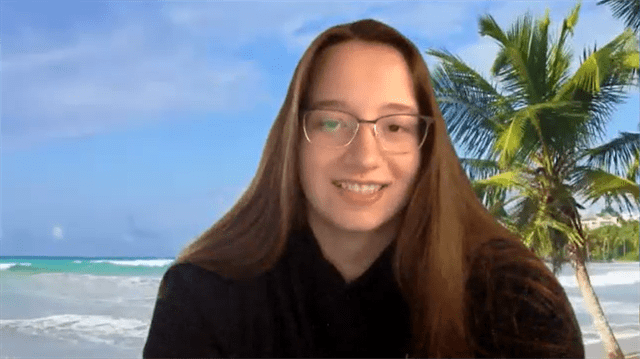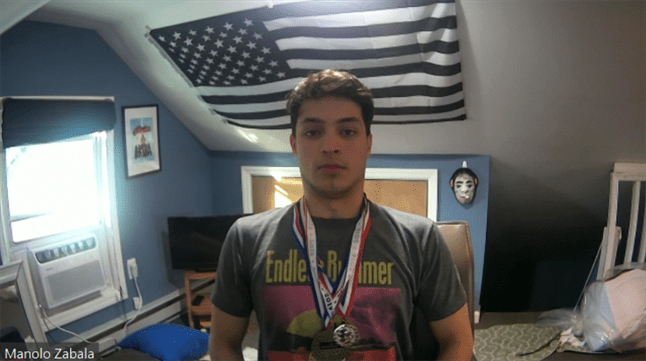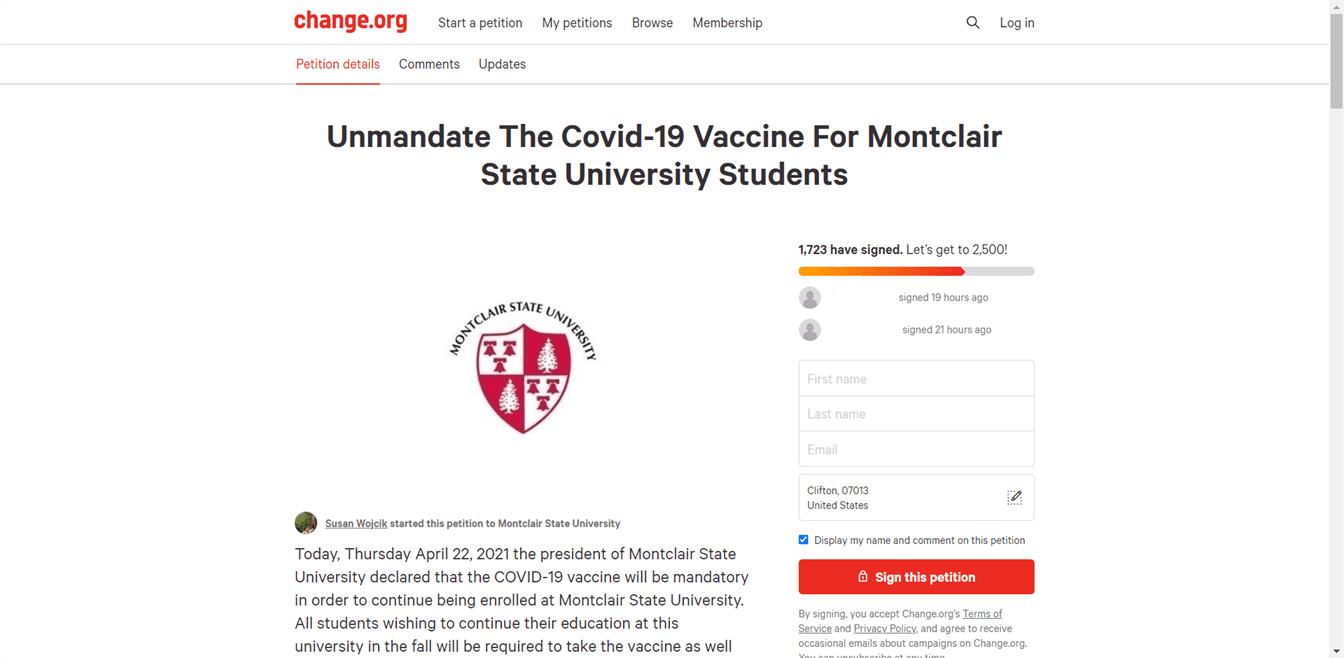The Montclair State University Administration announced on April 22 that all students who will be attending classes in person this fall will be required to have the coronavirus (COVID-19) vaccine and it will be added to the list of the required immunizations.
The announcement also states the college cannot mandate the same vaccine requirement for its staff. Many students are agitated about this and call hypocrisy.
Following the announcement, a Change.org petition was started in opposition to the requirement. Susan Wojcik, a junior biochemistry major, created the petition. Currently, it hovers around 1,700 signatures.
“First of all, it is not FDA approved, as of right now,” Wojcik said. “It is still an experimental drug in my opinion. It does have emergency authorization, but that doesn’t really mean much. They didn’t do [many] clinical trials before sending this out to the public. I’m very hesitant.”
Wojcik explained her thoughts behind the vaccine mandate for students.
“The biggest reason as to why I am so against the vaccine being mandated for the student body is that most students at the university are between the ages of 17 and 25, which is a group of young adults that are healthy and immunologically competent,” Wojcik said. “[They] are very low risk for COVID-19, extremely low.”

Susan Wojcik created the petition opposing the required vaccinations.
Robert Zimmermann | The Montclarion
She continued expressing her thoughts on the situation.
“I don’t really feel [it is] necessary to vaccinate us with something that’s experimental, one, and two, that we don’t need,” Wojcik said. “Especially since the faculty isn’t mandated to take it, but the student body is. Our professors and our staff [are] much older than us and more at risk for COVID-19 than we are, so I don’t understand why they [don’t have to] take it but we do.”
The stance against the vaccine requirement varies from person to person. Some students have issues with the possible side effects down the line, while others prefer to take aim at the hypocritical standing the college has created by making one group take the vaccine while allowing freedom of choice for the other.
Manolo Zabala, a junior filmmaking major, finds it unfair that students are expected to receive the vaccine when faculty are not.
“That’s absolutely hypocritical,” Zabala said. “It’s completely hypocritical to say that we must take the vaccine in order to go in person, but your staff doesn’t have to take the vaccine and your administration doesn’t have to take the vaccine. By doing that, you seriously run the risk of implying something that you don’t.”

Manolo Zabala believes requiring the vaccine for students but not for faculty and staff is hypocritical.
Robert Zimmermann | The Montclarion
Zabala believes if students are required to receive the vaccine then faculty should be too.
“[And] then would we not hold the same accountable for measles? [Or] hepatitis and tetanus? And chicken pox? It doesn’t matter that the staff has an outbreak of measles that can transfer to the students?” Zabala asked. “If [you are] going to run the rule that we need to be vaccinated on campus, then everyone should have it. I don’t think that should be a rule, but if it’s going to be a rule then make it a rule and make everyone on the campus follow it, not just the students.”
Montclair State is just one among many colleges also preparing for in-person classes next semester. Officials must keep the logistics as well as the health of each campus community in mind.
Dr. Stephanie Silvera, professor of public health at Montclair State, stresses the importance of the vaccine.
“From a public health perspective, if we want to have in-person classes, if we want to have [and] go back to a sense of normalcy to what class and campus life used to be, the best route towards that is to have the majority of the community vaccinated,” Silvera said. “Vaccines, as we know, work. We are learning more about that every day and as the CDC announced, being vaccinated not only means you can be in the classroom, but you could potentially be in the classroom without a mask on.”

Dr. Stephanie Silvera is a professor of public health at Montclair State.
Robert Zimmermann | The Montclarion
Dr. Silvera has spoken on behalf of the health department to many other news outlets due to her training as an epidemiologist. While she cannot speak for the decisions of the administration, she uses her experience to explain the thinking behind such decisions.
“I think that in terms of thinking about the vaccine requirement, we need to think about what [we want as a community]. Do we want a robust and thriving campus life? If so, this is the best tool that we have in our toolbox to achieve that,” Silvera said. “I think as we move forward through the pandemic and gather more data on the long-term efficiency of the vaccines, whether a booster is needed or not, is really going to determine for the fall of [2022 if] this vaccine is going to be required or not.”
Silvera believes it is important for people who are hesitant to feel like their concerns are being heard and then addressed.
“So I actually think one of the most important things we can do with people who are hesitant about getting the vaccine is to talk less and to allow them to talk more,” Silvera said. “I think a lot of concerns come from different places for different communities who have different histories and interactions with the medical community. I don’t think it does anybody any good to negate that or to brush it aside or to condescend to that. I think what we need to do is to take the time to allow them to have their voice and then address their concerns with science. I really urge anybody who has concerns to go to the CDC’s page, to go to the FDA’s page, to go to the sources of the data.”
It is currently unknown if Montclair State administration will roll back the requirement.



